
Drugs That Make You Horny: Pros & Cons
Embarking on the exploration of drugs in the context of sexual experiences opens a window to an intriguing aspect of human behavior that has been practiced for ages.
This phenomenon, where drugs interplay with sexual encounters, offers a spectrum of experiences that can intensify pleasure, alter perceptions, and modify the dynamics of intimacy.
This guide ventures into the realm of combining drugs with sex, elucidating the nuances of how various substances can elevate or alter sexual experiences. Each drug, from the euphoria-inducing MDMA to the mellowing embrace of cannabis, presents unique characteristics that can significantly influence one’s sexual journey.
The purpose of this exploration is not only to shed light on the effects of these substances but also to emphasize the importance of informed decision-making and safety.
The relationship between drugs and sex is complex and multifaceted. Substances like ecstasy are known for heightening sensations and emotions, fostering a sense of closeness, and intensifying the physical aspect of sex.
On the other hand, alcohol, a more commonly used substance, can lower inhibitions, making sexual encounters feel more spontaneous and uninhibited. However, it’s crucial to be aware of the potential downsides, such as impaired judgment or decreased sexual performance.
Understanding the interplay between these substances and sexual activities is key. This guide aims to provide comprehensive insights into how different drugs interact with the human psyche and body during intimate moments.
It’s a deep dive into a controversial yet fascinating aspect of human behavior, underlining the significance of respecting the power of these substances. Whether for the curious, the inexperienced, or the seasoned, this exploration serves as an informative resource, highlighting the importance of safety, consent, and responsible indulgence in the pursuit of enhanced sexual experiences.
Drugs That Make You Sexually Active
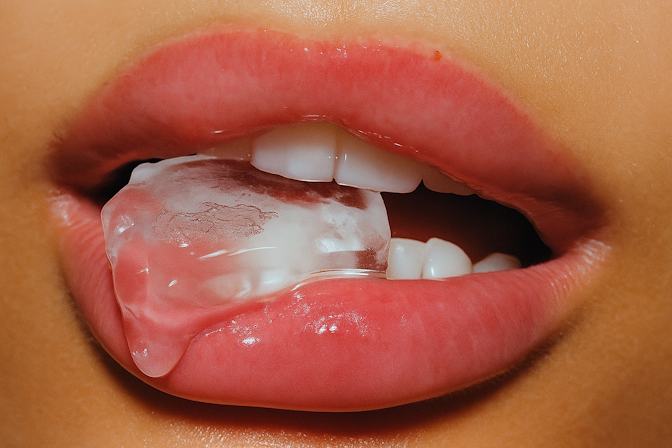
Herb
The use of drugs to enhance sexual experiences is a complex and multifaceted subject. While these substances can amplify pleasure and intimacy, they also come with significant risks.
Here’s an in-depth look at some commonly used drugs in the context of sexual activity, along with their pros, cons, and safety considerations.
Cannabis
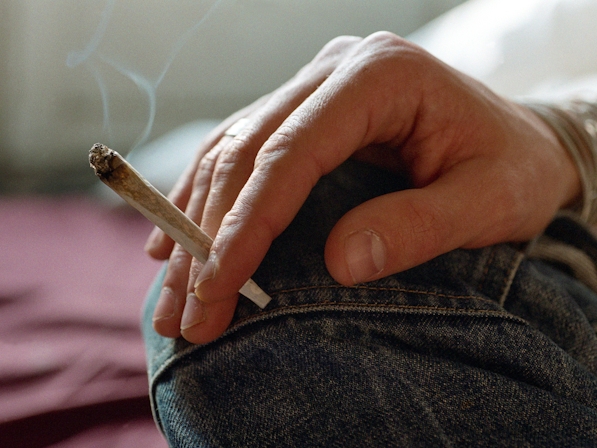
photo by: PhotoAlto/Getty Images
Cannabis is known for its relaxing and mood-enhancing effects, which can significantly amplify sexual pleasure and intimacy. The heightened sensory perception often reported by users can lead to more intense physical sensations, potentially making sexual experiences more enjoyable and emotionally rich.
On the downside, cannabis can sometimes lead to decreased motivation, lethargy, or anxiety, particularly in high doses or in individuals sensitive to its effects. It’s important to understand one’s tolerance and strain sensitivity, as different types of cannabis can produce varying effects.
To ensure a positive experience, using cannabis in a familiar and comfortable setting and starting with a lower dose for the uninitiated is advisable.
MDMA (Ecstasy/Molly)
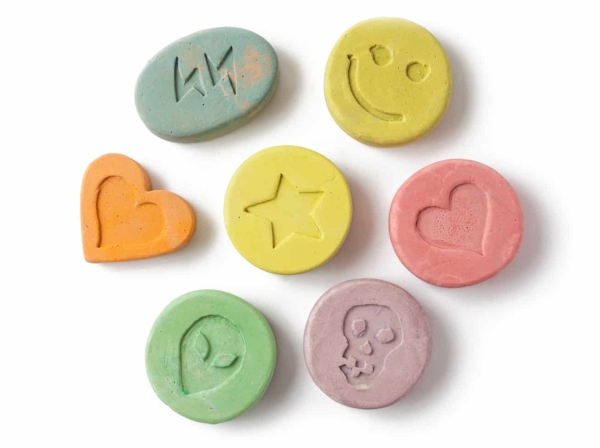
MDMA is renowned for its ability to enhance emotional closeness, empathy, and tactile sensations, making it a popular choice for those looking to deepen their sexual and emotional connection.
However, the use of MDMA is not without risks. It can lead to dehydration and hyperthermia, especially in active or warm environments. The subsequent comedown from MDMA can also involve mood swings and depression.
Ensuring hydration, avoiding overheating, and being in a safe, controlled environment are key to minimizing these risks. Additionally, using MDMA responsibly and infrequently is crucial due to its potential neurotoxicity and diminishing returns with frequent use.
Cocaine (Coke)

Cocaine is often sought for its stimulating effects, which can increase confidence, energy, and libido. However, it can also lead to sexual dysfunction, particularly in men, and can increase the likelihood of engaging in high-risk sexual behaviors due to lowered inhibitions.
The addictive nature of cocaine and the potential for cardiovascular risks should not be underestimated. Those considering its use for sexual enhancement should be acutely aware of these dangers and approach them with extreme caution.
Poppers
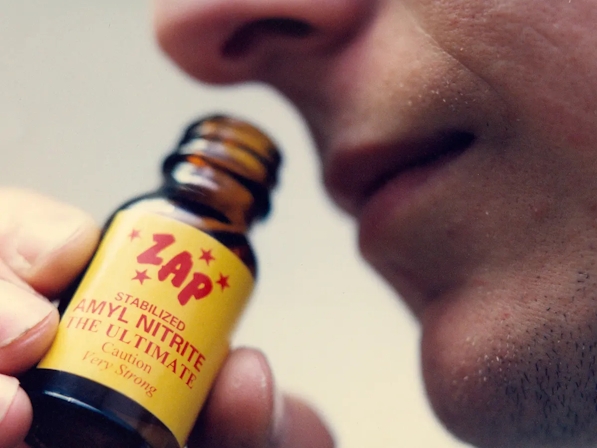
Poppers, or alkyl nitrites, are inhalants used for their muscle-relaxing effects, especially in anal intercourse. While they can make sexual activities more comfortable and pleasurable, poppers also come with risks like sudden drops in blood pressure, dizziness, and headaches.
They should never be combined with erectile dysfunction drugs, as this can lead to dangerous drops in blood pressure. Using them in a safe environment and being mindful of the potential for headaches and dizziness is important for a safe experience.
Stimulants (Amphetamines)
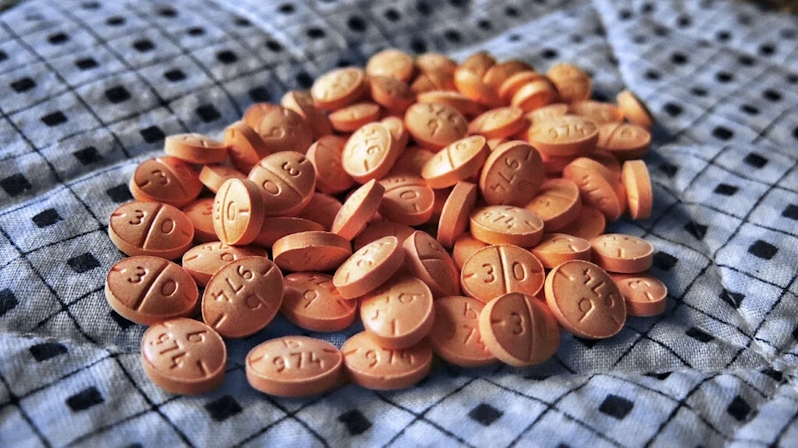
Stimulants can increase stamina, energy, and sexual desire, potentially prolonging and intensifying sexual experiences. However, they can also lead to risky sexual behaviors, increased heart rate and blood pressure, and potential addiction.
Users should be mindful of these risks and consider the setting and their physical health before use. It’s also important to practice safe sex and be aware of the potential for reduced judgment and impulsivity under the influence of stimulants.
Alcohol

As a social lubricant, alcohol can lower inhibitions and anxiety, which might help initiate sexual encounters. However, it impairs judgment, can reduce sexual performance, and, in higher quantities, may lead to decreased libido and difficulty in achieving orgasm.
Ensuring moderation and being conscious of the impact of alcohol on decision-making and consent is crucial.
When considering the use of these substances for sexual enhancement, it’s paramount to prioritize safety, informed consent, and personal well-being.
Being aware of one’s physical and mental health state, understanding the substance’s effects, and practicing responsible use is essential for ensuring a positive and safe sexual experience.
Drugs That Lower The Libido
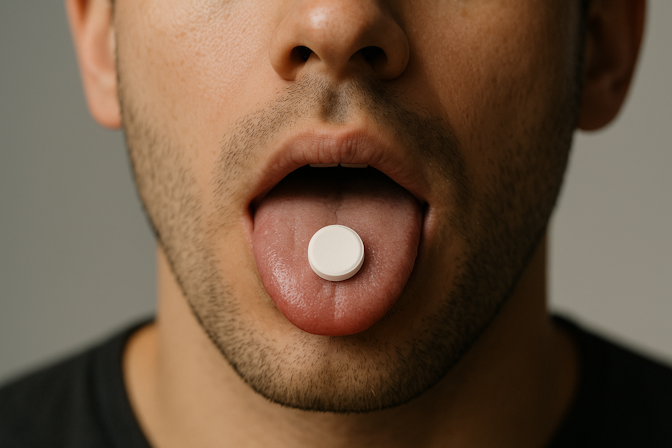
Herb
The interaction between drugs and sexual libido is complex, with certain substances known to decrease sexual desire. Understanding the impact of these drugs is crucial for those concerned about their sexual health and libido. Here’s an exploration of some common libido-lowering drugs, why they cause this effect, and tips to manage or prevent decreased libido:
Opioids
Opioids, commonly used for pain relief, are well-known for their potential to lower libido. They work by interacting with the brain’s opioid receptors, which can also influence hormones responsible for sexual desire and function.
Long-term opioid use can lead to hormonal imbalances, particularly a decrease in testosterone levels in both men and women, contributing to reduced libido. To mitigate this effect, it’s important to use opioids only as prescribed and explore alternative pain management strategies with a healthcare provider if sexual side effects become problematic.
Antidepressants
Particularly selective serotonin reuptake inhibitors (SSRIs), often used to treat depression and anxiety disorders, can have a significant impact on sexual desire and function. SSRIs work by increasing serotonin levels in the brain, which can inadvertently dampen libido.
Common SSRIs include medications like sertraline (Zoloft), fluoxetine (Prozac), and citalopram (Celexa). If you’re experiencing reduced libido while on these medications, it’s crucial to talk to your doctor. They might adjust the dosage, switch to a different antidepressant with fewer sexual side effects, or suggest additional therapies to manage the impact on your sexual health.
Hormones
Various hormonal medications, including certain birth control pills and hormone replacement therapies, can affect libido. These medications alter the body’s natural hormone levels, which can impact sexual desire and response.
Women, in particular, may experience changes in libido due to fluctuations in estrogen and progesterone levels caused by hormonal contraceptives. If you suspect that your hormonal medication is affecting your libido, discuss it with your healthcare provider. They may suggest a different formulation or type of contraceptive that could have less impact on your sexual desire.
In addition to these specific drugs, various other medications like antidepressants, antipsychotics, and blood pressure medications can also affect libido. If you experience a noticeable decrease in sexual desire after starting any new medication, it’s important to discuss this with your healthcare provider.
They can help identify the cause and offer solutions, which may include adjusting the dosage, switching to a different medication, or adding another treatment to counteract the side effects.
Maintaining open communication with your healthcare provider and being proactive in managing your overall health are key steps in preserving your sexual health and libido.
Herb Recommended Products:
READ MORE










